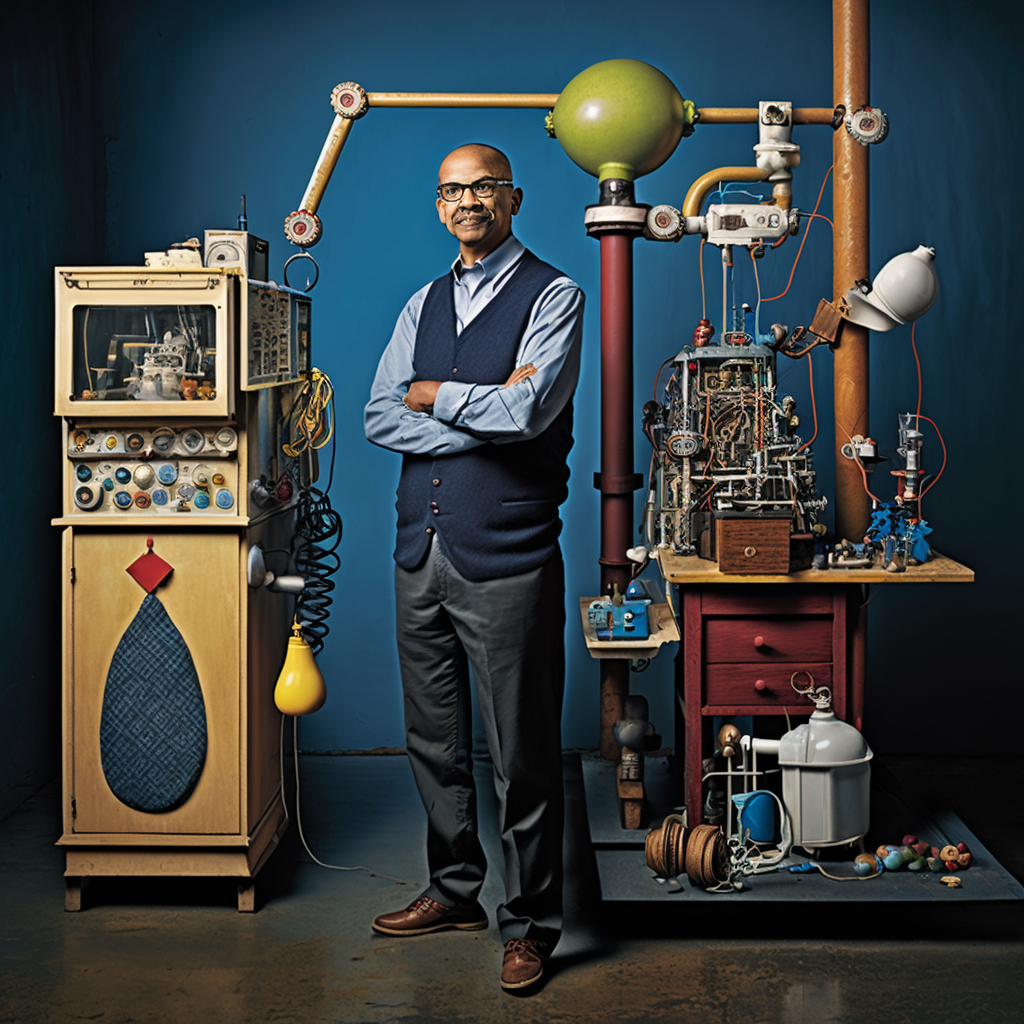THE COGNITIVE REVOLUTION
Asking AI about its roots:
Where were you born? Do you have family?
AI told me it was born sometime in the middle of the 20th century. (Same as me!) And though many people have suggested landmark dates and names, it seems to have been more of a collusion of ideas than a sudden arrival.
The hyperbolic 'Cognitive Revolution' replaced old school Behaviourism with exciting, sexy Cognitivism in psychology.
Behviourists broadly believed that if you couldn’t measure something, then it’s wasn't proper science. And they very much wanted to be scientists. Unfortunately, they found that human behaviour is very difficult to measure, because it’s governed, or at least affected by, messy things like emotion and thought, which are very slippery. So they ended up studying rats and pigeons instead.
Cognitive psychologists looked at the workings of the mind and the complex interplay of memory and desire, perception and thought. And that spilled over into other contemporaneous disciplines. These ideas were very appealing to artists. Abstract Expressionists like Jackson Pollock, Mark Rothko, Barnet Newman found ways to use and express this new focus on internal realities and subjective experience.
And at much the same time, computers were evolving from calculating machines to thinking machines, influenced again, by this new interest in how we think.
We had some fun picturing AI's early years and some members of AI's family.
The Cognitive Revolution series, 2023, AI-generated digital images
CLICK TO ENLARGE






